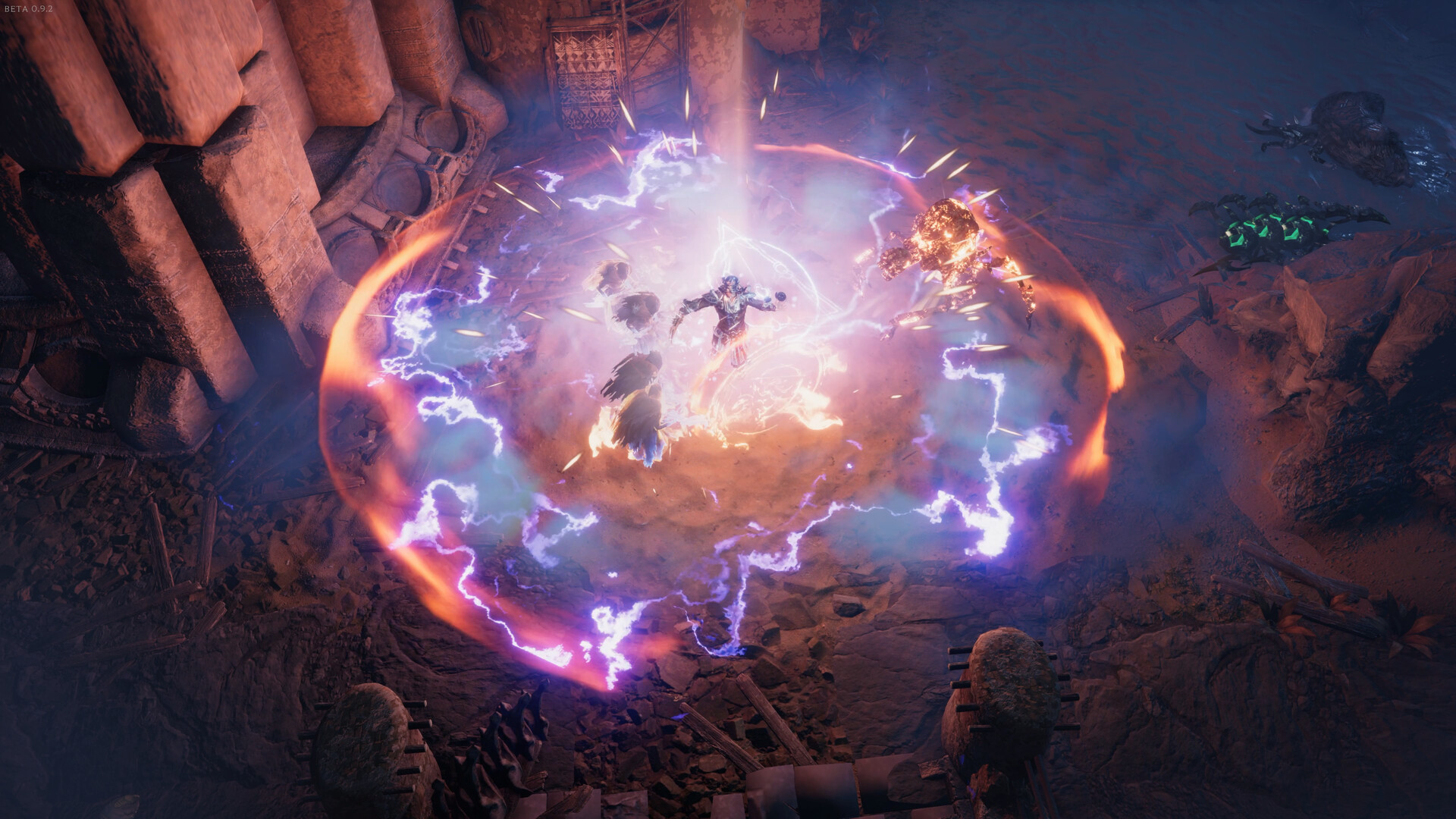Forget exclusivity concerns, Microsoft's latest Xbox studio closures hurt me more than anything else
Nothing has shaken my faith in the Xbox platform more than the loss of Tango Gameworks and Arkane Austin.
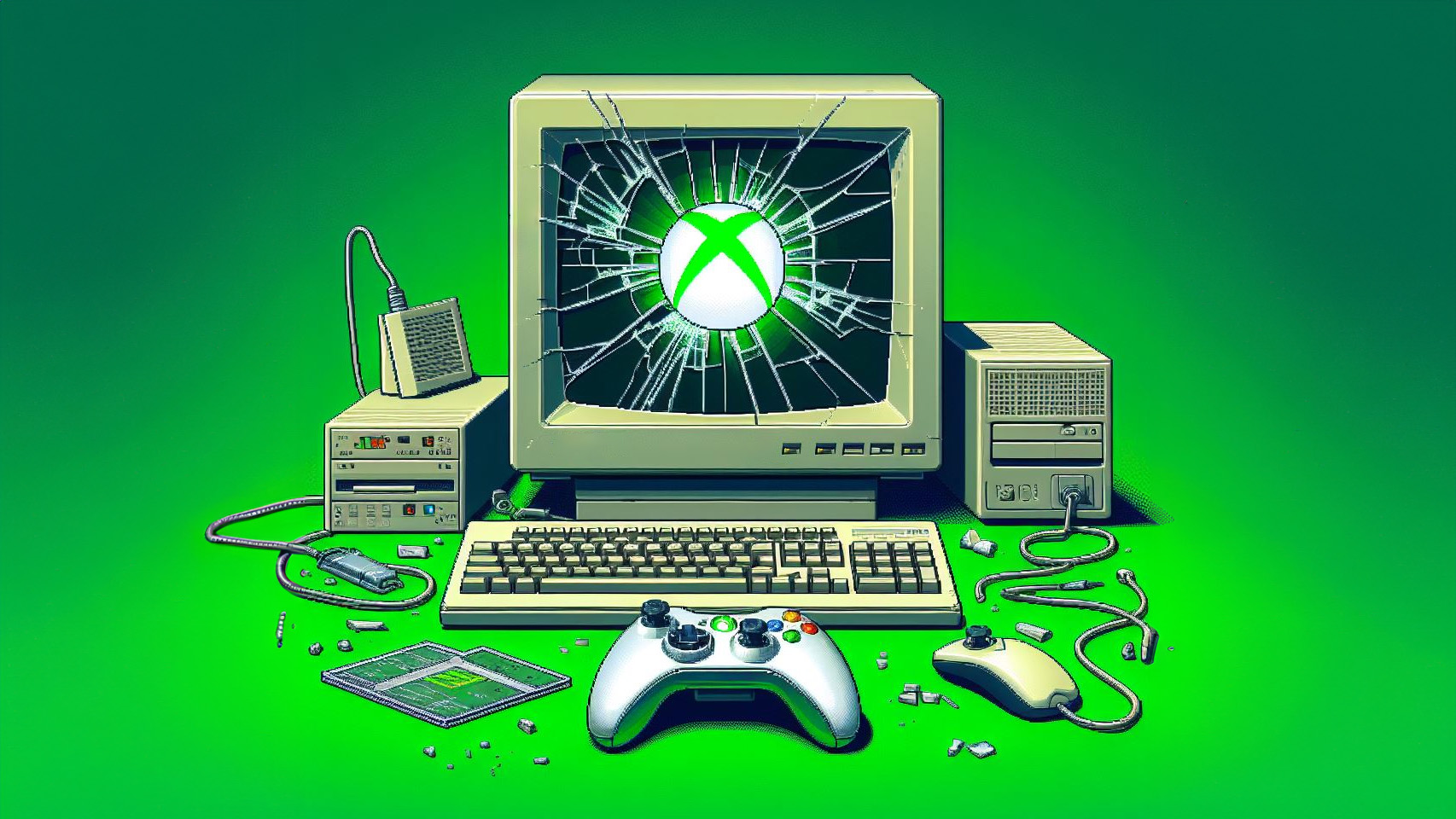
Xbox was supposed to be a safe place for developers to take risks and explore creative games. Xbox was supposed to be a safe and supportive home for a diverse range of developers and studios. Xbox was supposed to be different. Well, Microsoft is reminding everyone once again that it's a major corporation, and corporations only care about one thing — and it's not the consumers' happiness or the employees' wellbeing.
On Tuesday, Microsoft announced that it's fully closing three Bethesda Game Studios, and restructuring other teams under that umbrella. In one devastating move, Arkane Austin of Prey and Redfall fame, Tango Gameworks of The Evil Within and Hi-Fi RUSH fame, and mobile experts Alpha Dog Games are gone forever. It shatters beliefs that studios under the Xbox brand are safe to experiment, and reminds us all that capitalism favors absolutely no one but companies and shareholders — nothing is safe if it doesn't return exponentially increasing profit.
Forget the recent controversy surrounding Microsoft's decision to release select Xbox exclusives on PlayStation and Nintendo Switch. The sudden loss of some of my favorite Xbox studios has shaken my faith in the platform more than anything else, and I'm increasingly uncertain about the future of Xbox.
Some of my favorite Xbox franchises left out to dry

Let's survey the damage. Arkane Austin is being shuttered, with some of its developers moving to other Bethesda Game Studios projects. Arkane Lyon, the sister studio responsible for Dishonored and Marvel's Blade, is still alive and well, but Arkane Austin has bit the dust off the failed release of its co-op first-person vampire shooter, Redfall. The game was panned by critics and consumers alike for its half-baked, broken launch state, and subsequent post-launch support has been slow to arrive.
However, before Redfall, Arkane Austin was responsible for the veritable masterpiece Prey (2017), a dark and brutal game that has had fans clamoring for a sequel for years. I personally adore Prey and always held out hope that we'd eventually see a full-fledged sequel for modern gaming hardware. Sadly, it seems I may never see the fabled Prey 2 reach the light of day, with half of Arkane officially dissolved like a vampire in the sun.
As for Redfall, development is officially ceasing. Players will be able to continue to play the improved vampire shooter on Xbox, Windows PC, and Xbox Game Pass, but it'll no longer receive any more updates. The long-abandoned Hero DLC will also be refunded to anyone who purchased it, since those new heroes are clearly never arriving. This comes after Bethesda Game Studios' Pete Hines said, "we don't quit or abandon stuff just because it didn't start right" in an interview discussing Redfall's success (or lack thereof) late last year.
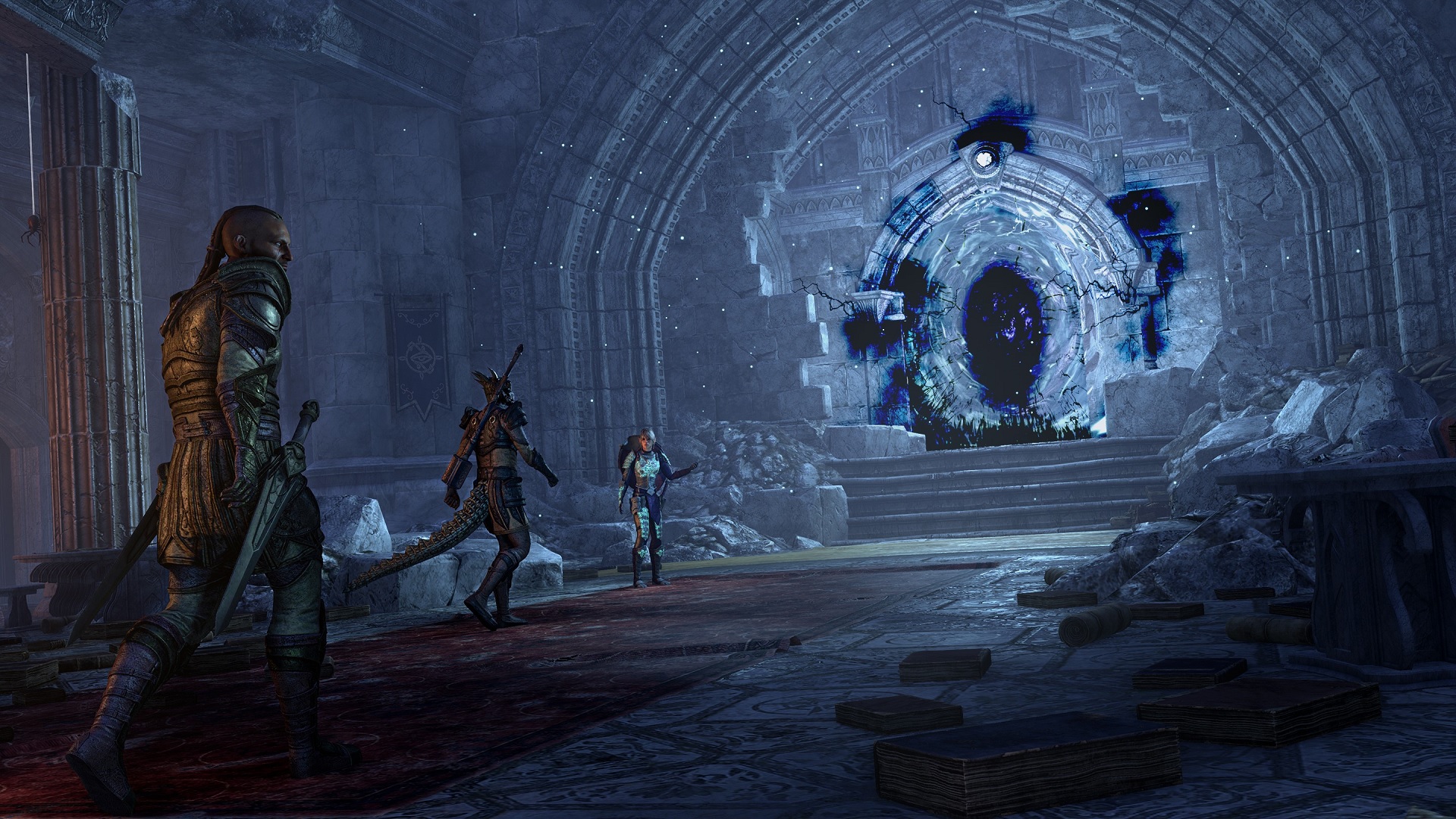
Despite Microsoft's heavy investments in mobile gaming with the purchase of Activision Blizzard King, Alpha Dog Games under the Zenimax family is also being closed down. Alpha Dog was responsible for bringing the DOOM franchise to mobile platforms with Mighty Doom, which is also closing its doors. In-game purchases are already rendered unavailable, and the game itself will be removed from iOS and Android app stores in the near future.
Get the Windows Central Newsletter
All the latest news, reviews, and guides for Windows and Xbox diehards.
The still-young Roundhouse Studios is also being restructured before its debut game ever came to fruition, with its developers being moved to Zenimax Online Studios to aid in the development of The Elder Scrolls Online. It's another sign that Xbox is moving away from new and more experimental titles in favor of its guaranteed successes. Other Bethesda Game Studios positions under the publishing and corporate teams are also being removed as a part of this restructuring, although the exact number of lost jobs is currently unknown.
All of this in addition to the other 1,900 jobs Microsoft cut across Activision Blizzard and Xbox earlier this year.

For me, the most painful part of this terrible announcement is the loss of Tango Gameworks. The Japanese game studio founded by legendary Resident Evil creator Shinji Mikami has created some of my favorite Xbox games of all time, and the studio's new direction focusing on creative projects resulted in my personal 2023 game of the year. I'm of course talking about the surprise hit Hi-Fi RUSH, a rhythm-brawler that shadow dropped at the beginning of 2023 and immediately resonated with critics and players alike.
In my Hi-Fi RUSH review, I described the game as being "bloody brilliant," praising the unique title for its gorgeous visual style, outstanding audio design, incredibly fun gameplay, and vast array of accessibility options. I even had the immense privilege of chatting with Hi-Fi RUSH's game director, the talented John Johanas, on the immense success of Hi-Fi RUSH as it achieved 3 million unique players. It's by far one of the best Xbox games released in years, and I was eagerly looking forward to a possible sequel a few years down the line. Now, I'll likely never see this epic IP blossom.
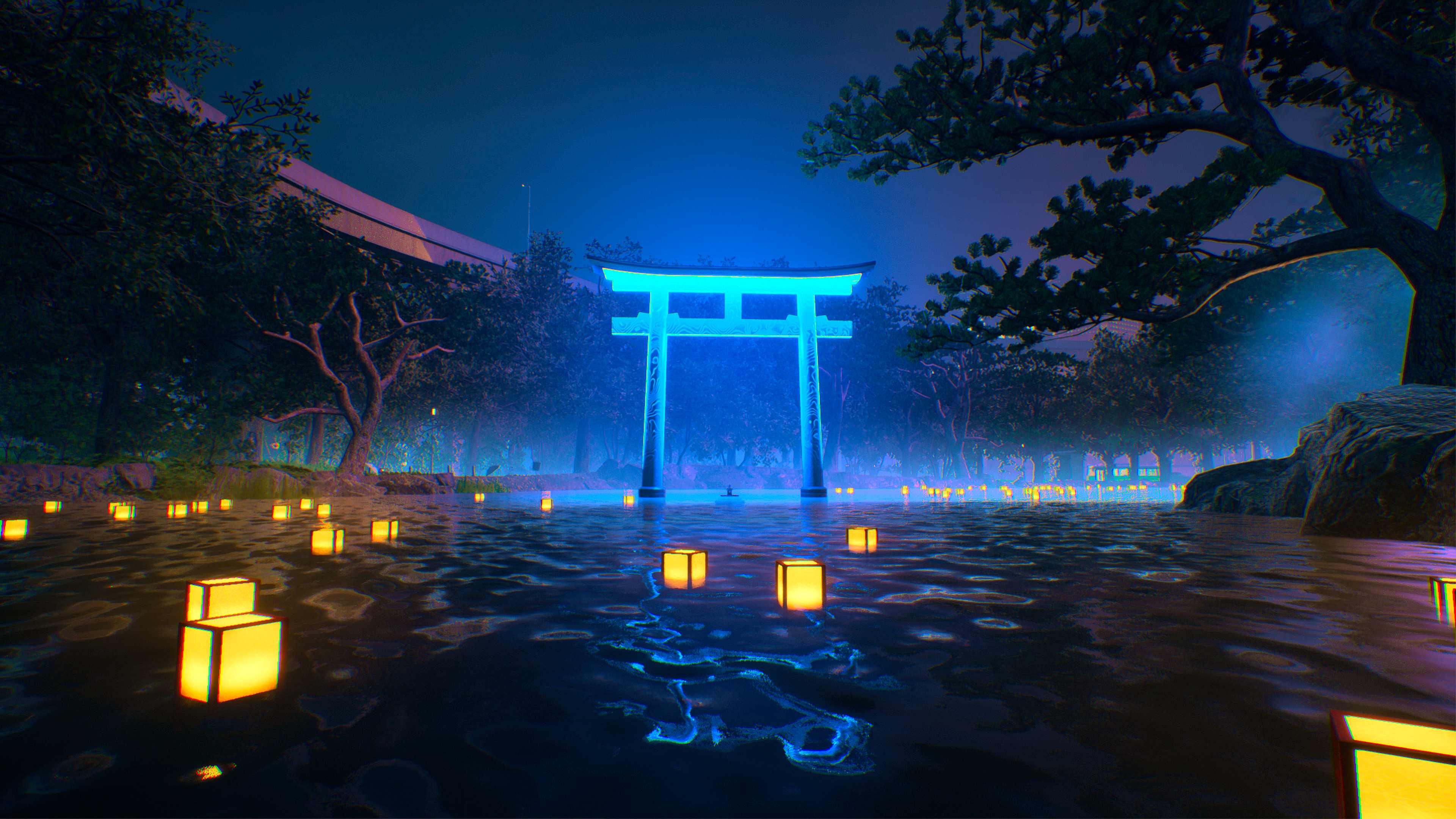
Of course, Tango Gameworks got its start in horror, with The Evil Within series quite literally being my introduction into the genre and the reason I absolutely love horror games today. After finishing The Evil Within 2, I even wrote about how I desperately wanted The Evil Within 3 to further build upon one of the best sequels ever made. Consider this another franchise that is likely dead and buried; I can't imagine anything more terrifying than that.
Tango Gameworks also introduced another new IP with Ghostwire: Tokyo, a fascinating open-world action-adventure diving deep into Japanese supernatural and paranormal mythology. I very recently wrote about how I wish Ghostwire: Tokyo had leaned more on horror after finishing the game, but I'll never get a chance to see what Tango could've done with Ghostwire: Tokyo 2 now. I've greatly enjoyed every project Tango Gameworks ever released, but there's apparently no room for that level of creativity in Xbox's profit-driven portfolio.
Success or failure, no studio is safe anymore
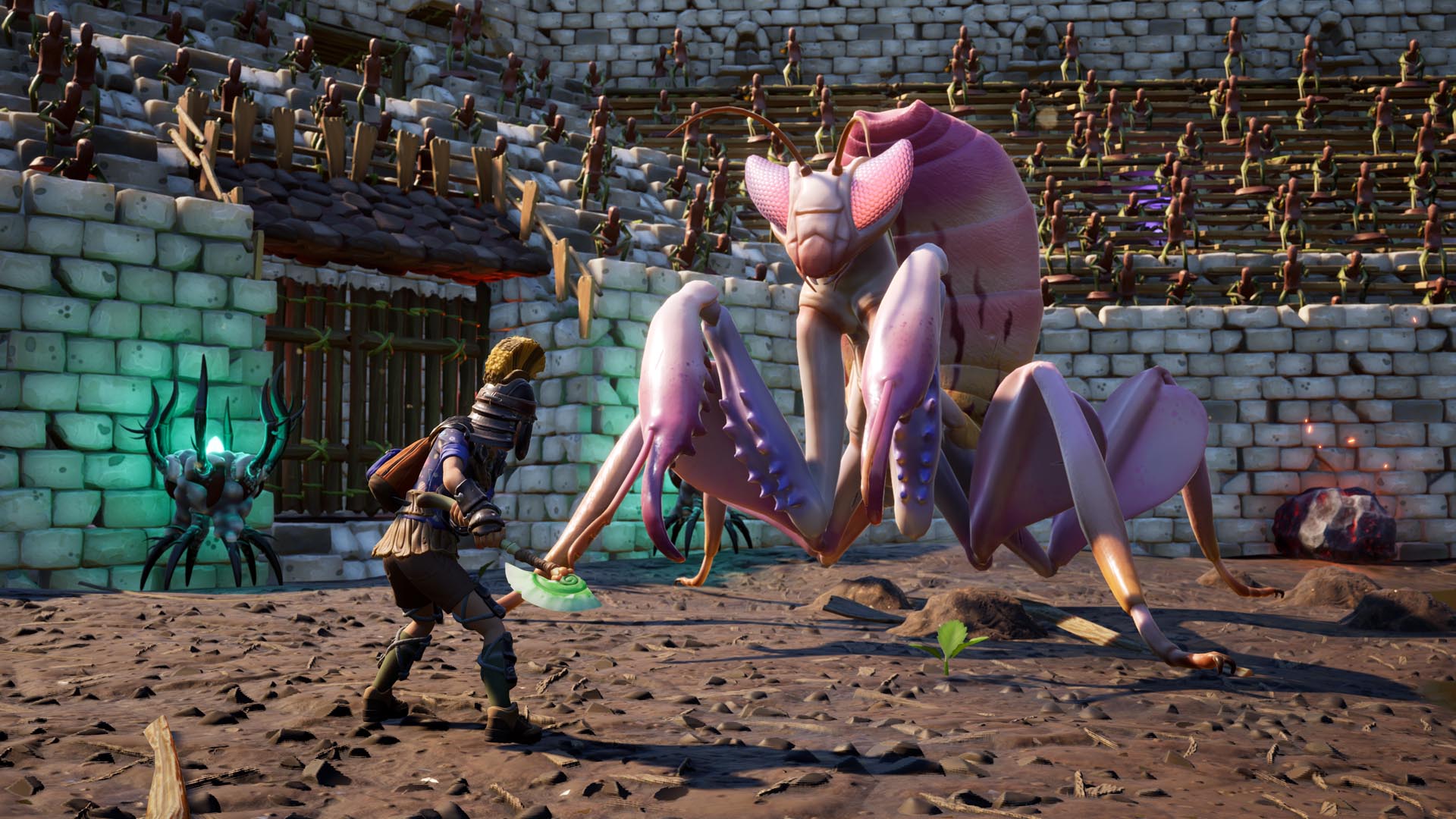
Xbox may have made promises to the contrary, but Arkane Austin being shut down for poor performance is believable. After all, Redfall was a commercial and critical failure, and there's no debating that. The game has improved since launch and some players do genuinely love it, but Redfall was never going to be a golden page in Arkane's book. Pedigree aside, Arkane Austin lost Microsoft money. So, what's the excuse for Tango Gameworks?
The Evil Within is a well-known and successful horror franchise, and Hi-Fi RUSH is one of the highest-rated first-party Xbox games ever released. The closure of new teams like Roundhouse Studios further highlights that Microsoft is moving away from its previous stance of giving its developers room to create what they want. Risk-taking is being punished whether you succeed or fail, so why would studios ever take risks?
Is Ninja Theory at risk because Senua's Saga: Hellblade II has niche appeal? I certainly didn't miss that Xbox has been awfully quite about Hellblade II despite the game being mere weeks away from a full launch on Xbox Series X|S and Windows PC. Is Obsidian Entertainment in danger if Avowed doesn't become a runaway success when it releases later this year? After all, despite the undeniable quality and impact of Pentiment and Grounded, both titles are smaller and more experimental than Xbox's heavy hitters.
Unfortunately, it doesn't matter if Xbox intends to close more studios or not. Microsoft has set a precedent, and it's inevitable that existing Xbox Game Studios are going to feel anxious about their future. One of the biggest benefits of working under Xbox was supposed to be security and creative freedom, but Microsoft just showed that those promises are illusions. Unless you directly contribute to Microsoft's ever-growing bottom line, you're not safe anymore.
Shattered trust isn't easily recovered
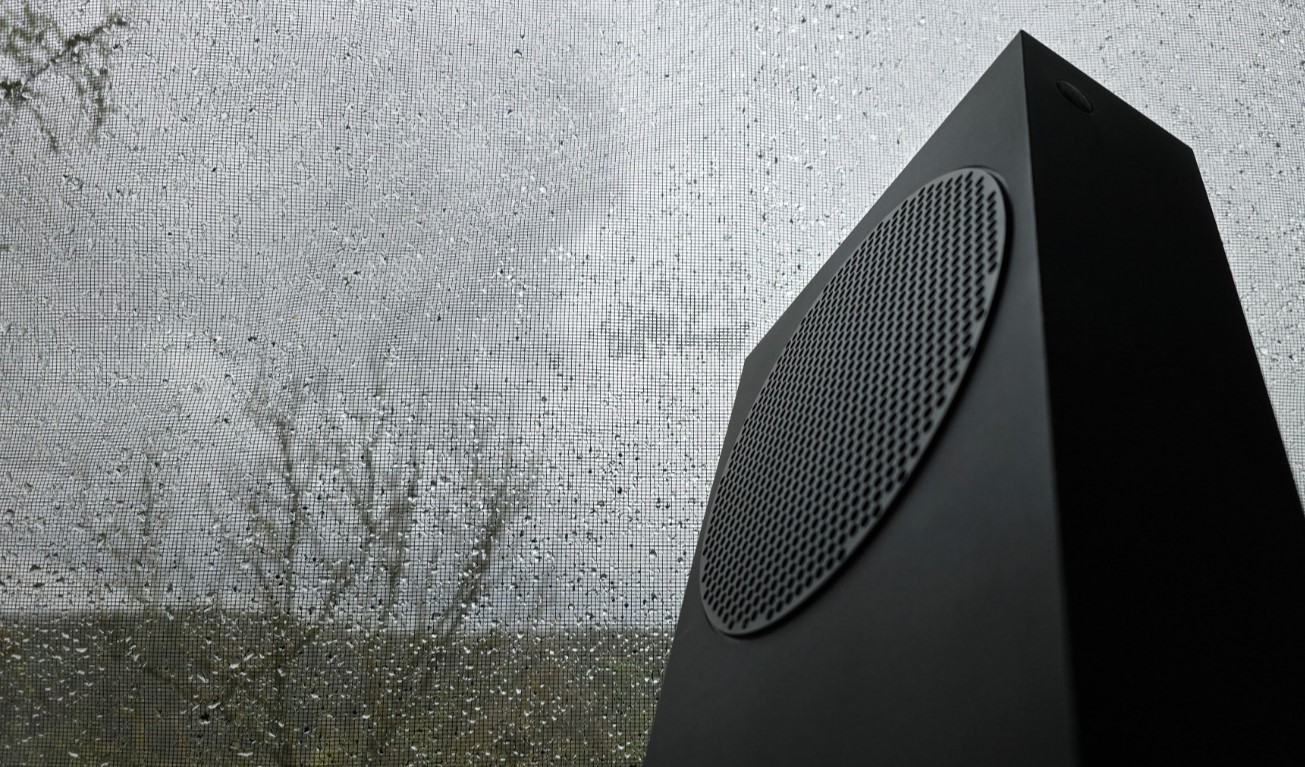
Xbox as a platform has been evolving by leaps and bounds in recent years, to mixed reception from the community. From platform growing pains to the move away from console exclusives, the Xbox of 2024 is very different from the Xbox of a few years ago. There are even rumors that Microsoft is looking into bringing PC gaming storefronts like Epic Games and Steam onto Xbox hardware. There's been a lot of controversy surrounding these moves, especially given Xbox's historically poor communication, but the ecosystem itself has never been healthier.
Personally, I despise exclusivity in video games. I'm a firm believer that you should be able to play the games you want wherever you are, with the differences in services, software, and hardware being the deciding factors in choosing your platform, not the games available to play. I'm ecstatic that more people are getting the opportunity to play Hi-Fi RUSH, Pentiment, Grounded, and Sea of Thieves. I sincerely hope that industry stances on exclusivity continue shifting in the coming years, and we're already seeing that with PlayStation releasing more of its games on Windows PC all the time.
Through all of this, I maintained my faith in Xbox. I've enjoyed countless blissful memories with the green giant of gaming, and I had no intention of giving up the decades I've shared on Xbox. I recognized Xbox's vision, and I looked forward to seeing it come to fruition. One of the biggest single reasons I scarcely bat an eye at the latest Xbox controversies is because the company put out some of the most creative and interesting first-party games out of the big three.
Now, for the first time, I'm genuinely uncertain.

If some of my favorite Xbox studios can disappear in a blink of an eye, how can I be confident that more won't soon follow? If a game can't continually churn out profits like Call of Duty or Candy Crush, can we be certain the studio behind it isn't in danger of a sudden closure? Players aside, how can Xbox's developers be confident in their place at Microsoft anymore?
Microsoft has spent significant sums buying up dozens of studios for Xbox Game Studios, Bethesda Softworks, and Activision Blizzard. The Xbox community supported those moves because of the promise that it would mean more high-quality titles for the Xbox platform. Now, that trust is wavering and buckling — years later, Xbox is still struggling to consistently release first-party games, and now it's closing studios to focus on seeking more profit elsewhere.
The video games industry has been a dumpster fire inside a train wreck on top of a stinking heap of garbage all wrapped up in actual crap lately, with every day seemingly bringing more news of mass layoffs, company closures, and canceled projects. Embracer Group has been the most egregious example, with thousands of talented developers losing their livelihoods and dozens of legendary franchises being pushed into the background following Embracer Group's greedy, overambitious spending spree during the COVID-19 pandemic. Microsoft spent even more money than Embracer on acquisitions, but we mistakenly believed the Xbox ecosystem would keep those studios safe.
Now we know that's not the case — and trust shattered isn't so easily recovered. The renewed success of Fallout and Microsoft's rumored investments in the franchise aren't enough to erase this bad taste from my mouth.
Let's all just play indie games — they're better anyways
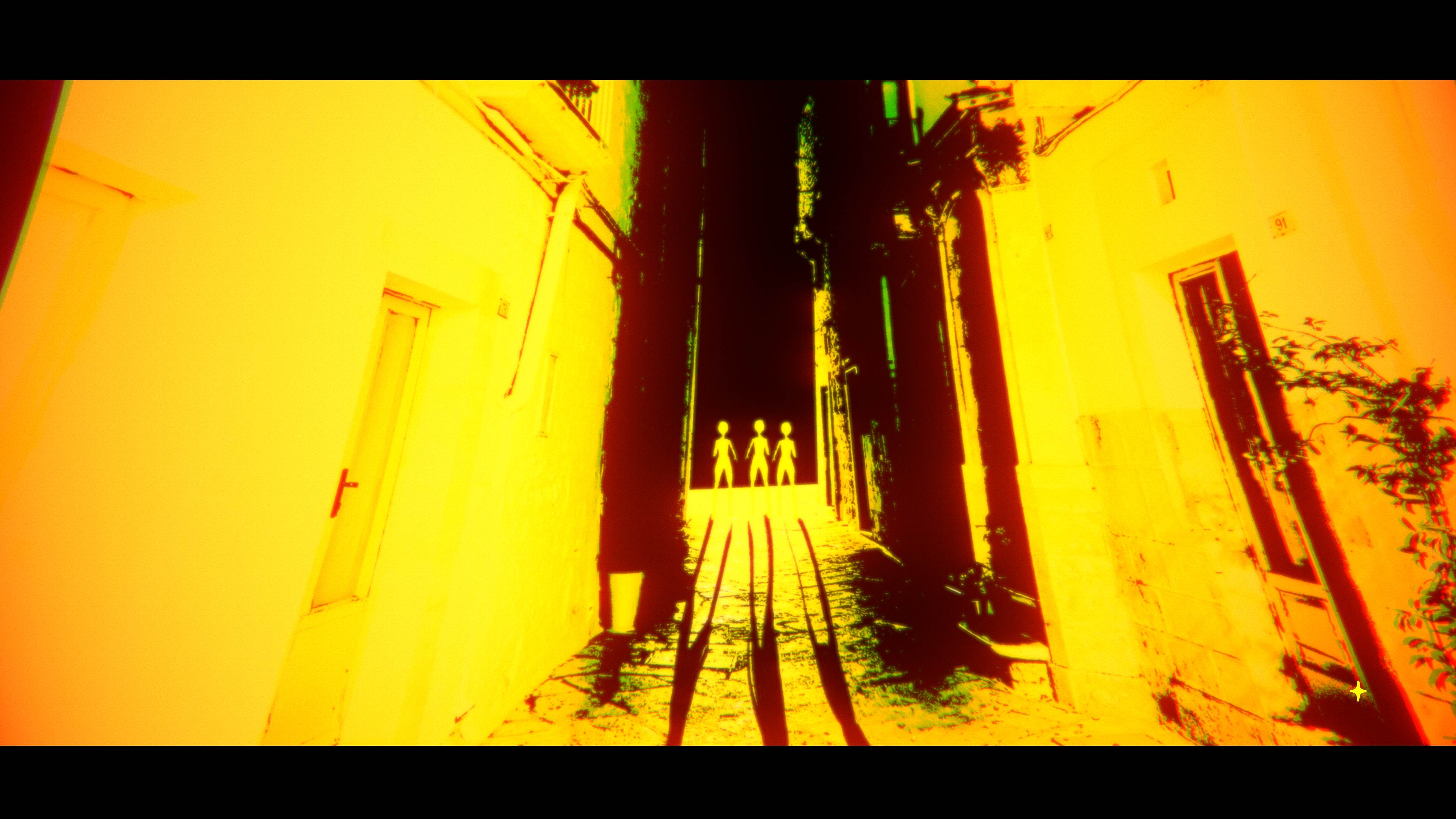
I'm not shy about my love for indie games. Some of the most emotionally provocative, creatively diverse, and passionately crafted video games come from smaller independent teams and studios fighting to succeed in an industry dominated by a handful of behemoths. With so much carnage in the wake of the industry's biggest publishers like Xbox, now's the time to forget AAA games and explore the wonders of indie titles.
Companies need to learn that forsaking their employees and developers is wholly unsustainable, and the way to do that is to reward the developers aiming to make video games better — not create soulless cash grabs. We need to celebrate teams like those at Larian Studios (responsible for Baldur's Gate 3), who have vocally stood against the avarice of major corporations and advocated for a more sustainable approach to video game development.
We need to support brilliant and innovative video games like Balatro, which has achieved a level of blissful addictiveness only rivaled by other indie successes like Vampire Survivors. We need to make room for lovely indie releases like Botany Manor and Venba (both of which are available on Xbox Game Pass) to succeed. Most of all, we need to stop giving so much attention to mediocre AAA games when so many awesome indie games exist out there in the world.
With Microsoft seemingly shifting Xbox away from more creative endeavors in search of reliably expanding profit margins, now's the time to crack open that backlog and check out what developers can accomplish when they don't have shareholders breathing down their neck. Spoiler alert: they make better games.

Zachary Boddy (They / Them) is a Staff Writer for Windows Central, primarily focused on covering the latest news in tech and gaming, the best Xbox and PC games, and the most interesting Windows and Xbox hardware. They have been gaming and writing for most of their life starting with the original Xbox, and started out as a freelancer for Windows Central and its sister sites in 2019. Now a full-fledged Staff Writer, Zachary has expanded from only writing about all things Minecraft to covering practically everything on which Windows Central is an expert, especially when it comes to Microsoft. You can find Zachary on Twitter @BoddyZachary.
-
Ron-F Couldn't agree more with this piece. I wonder if ABK will not infect Microsoft and we'll eventually see most studios supporting just a few very lucrative franchises.Reply -
Zachary Boddy Reply
People were hopeful Xbox buying Activision Blizzard would mean freeing Call of Duty support studios to pursue actually creative games, but I no longer have any faith in that being the case.Ron-F said:Couldn't agree more with this piece. I wonder if ABK will not infect Microsoft and we'll eventually see most studios supporting just a few very lucrative franchises. -
Zachary Boddy I'm so unbelievably disappointed in Microsoft today. The video games industry has seen terrible news after terrible news for the last two years, and it shows no signs of slowing down. When will companies realize this isn't sustainable?Reply
